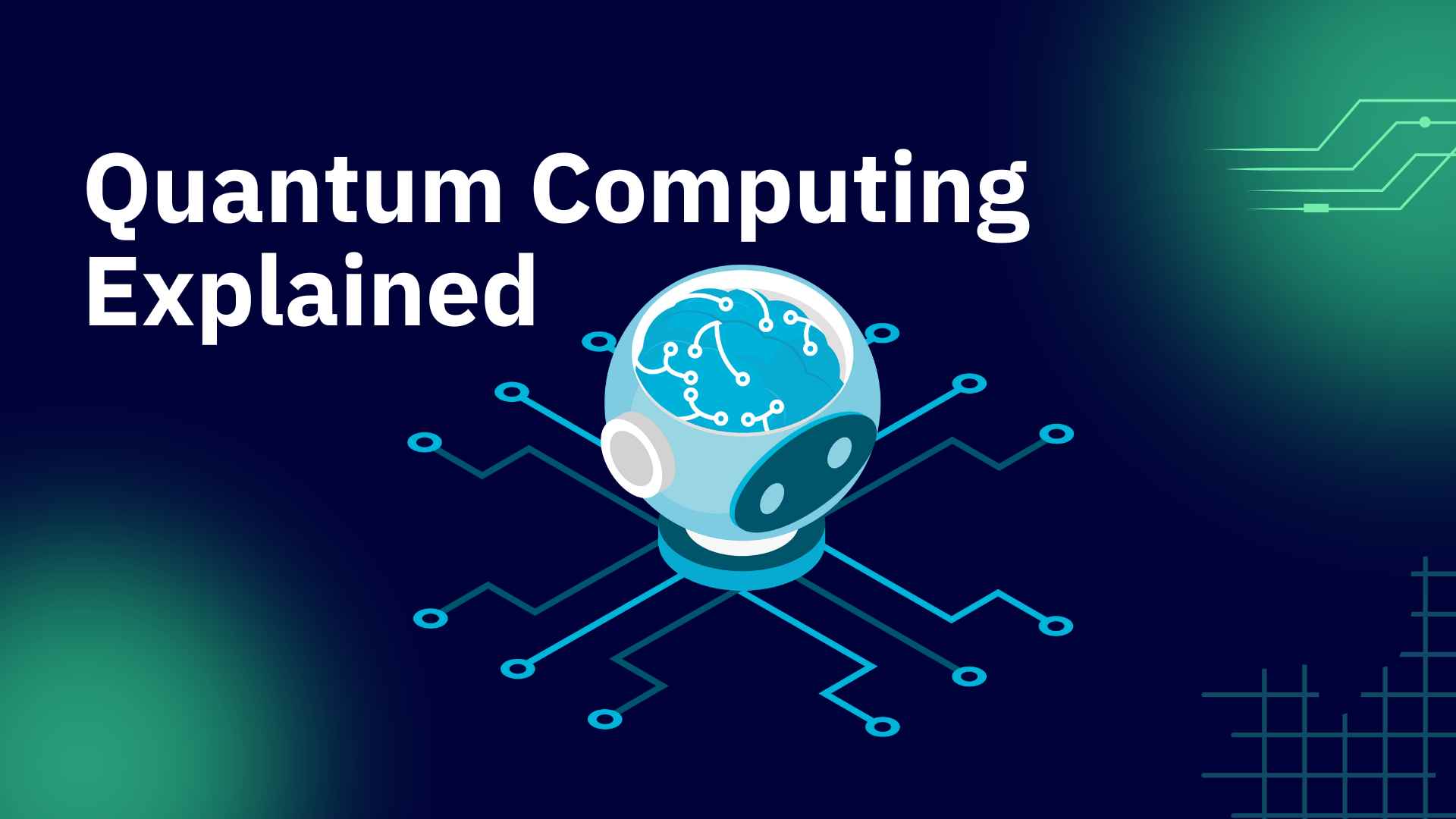In recent years, quantum computing has emerged as one of the most exciting advancements in the field of technology. Unlike classical computers, which use bits (0s and 1s) to process information, quantum computers use quantum bits or qubits. This enables them to perform complex calculations at unprecedented speeds. But what exactly is quantum computing, and how does it work? In this article, we will explore the fundamentals of quantum computing, its applications, and its potential impact on various industries.
What is Quantum Computing?
Quantum computing is a branch of computing that harnesses the principles of quantum mechanics to process information in a fundamentally different way from classical computers. Traditional computers rely on binary bits, which can either be 0 or 1. However, quantum computers use qubits, which can exist in multiple states simultaneously due to the principles of superposition and entanglement.
Superposition
Superposition is a fundamental principle of quantum mechanics where a quantum system can exist in multiple states at the same time. In classical computing, a bit must be either 0 or 1, but a qubit can be in a superposition of both states simultaneously. This allows quantum computers to process vast amounts of information at once.
Entanglement
Entanglement is another crucial concept in quantum mechanics where two or more qubits become correlated in such a way that the state of one qubit instantly influences the state of another, regardless of the distance between them. This phenomenon enables quantum computers to perform complex computations more efficiently than classical computers.
How Does a Quantum Computer Work?
A quantum computer operates using quantum gates, which manipulate qubits according to the rules of quantum mechanics. These gates perform operations that are significantly different from classical logic gates, allowing quantum computers to solve complex problems more efficiently.
Quantum computers rely on specialized hardware to maintain the delicate quantum states of qubits. Some of the most common types of quantum computing technologies include:
- Superconducting Qubits: Used by companies like IBM and Google, superconducting circuits operate at extremely low temperatures to minimize interference.
- Trapped Ions: This technology uses charged atoms confined by electromagnetic fields to store and process information.
- Topological Qubits: A more theoretical approach that aims to create more stable qubits resistant to errors.
Applications of Quantum Computing
Quantum computing has the potential to revolutionize various industries by solving problems that are currently impossible or highly time-consuming for classical computers. Some of the key applications include:
1. Cryptography and Cybersecurity
Quantum computers have the ability to break traditional encryption methods, such as RSA and ECC, which rely on the difficulty of factoring large numbers. However, they can also enable new forms of encryption, such as quantum key distribution (QKD), which ensures secure communication channels.
2. Drug Discovery and Healthcare
Quantum computing can simulate molecular interactions at an atomic level, enabling researchers to discover new drugs and materials much faster. This can lead to breakthroughs in personalized medicine and the development of more effective treatments for diseases.
3. Financial Modeling
Financial institutions can use quantum computing for risk analysis, fraud detection, and optimization of investment portfolios. The ability to analyze massive datasets and simulate different financial scenarios in real-time can provide a significant advantage in the financial sector.
4. Artificial Intelligence and Machine Learning
Quantum computing can accelerate machine learning algorithms by processing complex data structures faster than classical computers. This can lead to improvements in AI-driven applications, such as natural language processing, image recognition, and autonomous systems.
5. Climate Modeling and Weather Prediction
Quantum computers can process vast amounts of environmental data to improve climate modeling and weather prediction accuracy. This can help scientists understand climate change better and develop strategies to mitigate its impact.
Challenges in Quantum Computing
Despite its promising potential, quantum computing still faces several challenges that must be overcome before it becomes widely adopted.
1. Quantum Decoherence and Error Rates
Qubits are highly sensitive to environmental factors, which can cause them to lose their quantum state, a phenomenon known as decoherence. This leads to high error rates in quantum computations, making it difficult to maintain stable quantum operations.
2. Scalability
Currently, quantum computers have a limited number of qubits. To perform useful computations, researchers need to develop scalable quantum systems with thousands or even millions of qubits.
3. Hardware Limitations
Building and maintaining quantum computers require extremely low temperatures and specialized infrastructure. This makes quantum computing expensive and challenging to develop.
4. Algorithm Development
Quantum algorithms are still in their early stages. Researchers need to develop more efficient quantum algorithms to fully utilize the capabilities of quantum computers.
Future of Quantum Computing
Despite these challenges, the future of quantum computing looks promising. Major technology companies such as Google, IBM, and Microsoft are investing heavily in quantum research, aiming to build more powerful and stable quantum computers. Governments and research institutions are also supporting quantum computing initiatives to accelerate progress in this field.
In the coming years, we can expect:
- Improvements in quantum hardware, leading to more stable and scalable quantum systems.
- Development of error-correcting techniques to minimize computational errors.
- New quantum algorithms that can solve real-world problems more efficiently.
- Greater collaboration between academia, industry, and government to advance quantum technologies.
Conclusion
Quantum computing represents a paradigm shift in the world of computing. By leveraging the principles of quantum mechanics, these advanced machines have the potential to solve some of the most complex problems in science, technology, and industry. While significant challenges remain, continuous research and development efforts are bringing us closer to a future where quantum computing plays a transformative role in our everyday lives.
As this technology continues to evolve, it is essential for businesses, researchers, and policymakers to stay informed and prepare for the quantum revolution that lies ahead.
